-
Shop
- Advanced Technologies
- Auto
- Bathroom
- Clothing & Accessories
- Electronics
- Fashion
- Fashion Accessories
- Festive
- Furniture
- Furniture & Decor
- Gadgets
- Health & Beauty
- Home & Garden
- Home Electronics
- Kids & Babies
- Kitchen
- Lighting
- Patio, Lawn & Garden
- Pet Supplies
- Pets
- Sport
- Sport & Outdoors
- Spring Fashion Pack
- Stores
- Super Deals
- Tools & Equipment
- Travel & Outdoors
- Video Games
- Popular
- Best deals
Beautiful Ceiling Lights: Guide To Lighting A Room
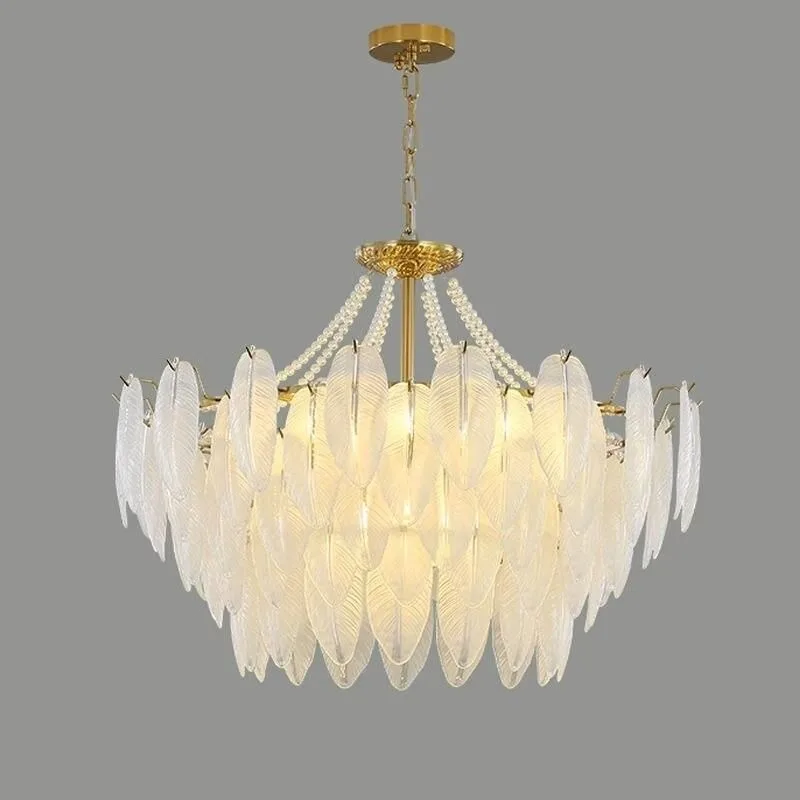
Illuminate Your Space: A Guide too Choosing Ceiling Lights When it comes to setting the mood and enhancing the functionality of a room, few elements are as transformative as lighting. Ceiling lights, in particular, serve as both a practical fixture and a prominent design statement, bridging the gap between aesthetics and illumination. In a world were the right light can invigorate a space or evoke a sense of tranquility, understanding how to choose the perfect ceiling lights is essential. Whether your looking to create a cozy nook, energize your home office, or add flair to your dining area, this guide will help you navigate the myriad of options available. Join us as we explore the principles of lighting design, the various styles and types of ceiling lights, and practical tips to brighten up any space with ease and elegance. With the right choices, you can illuminate your habitat and breathe new life into your everyday surroundings.
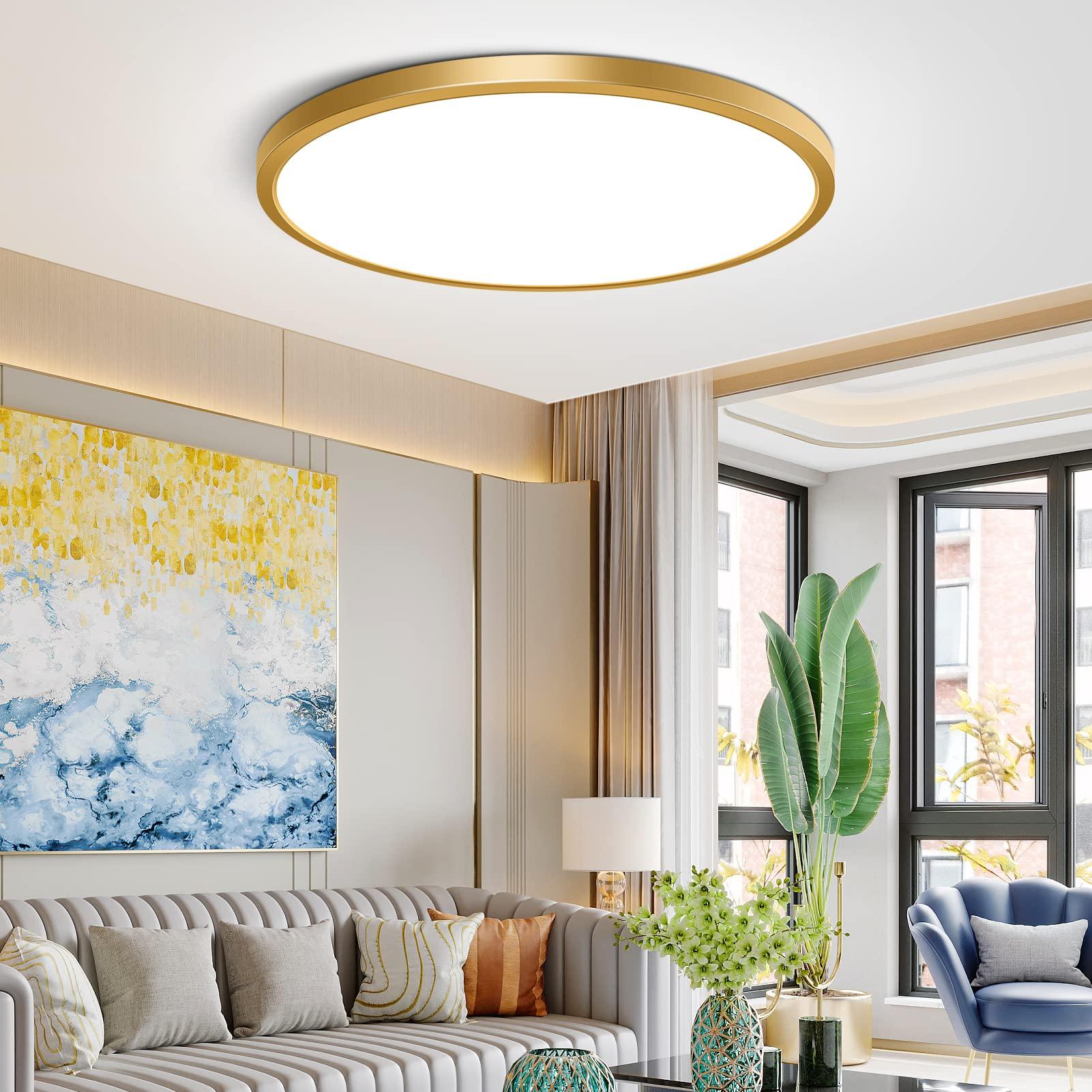
Exploring Different Types of Ceiling Lights for Every Room
Choosing the right ceiling lights can dramatically enhance the mood and functionality of any space. With an array of styles available, it’s essential to match lighting fixtures to the specific purpose and aesthetic of each room. For example, recessed lighting can create a sleek, unobtrusive look in modern kitchens or living areas, offering focused brightness without clutter. In contrast, chandeliers add a touch of elegance and serve as stunning focal points in dining rooms or entryways. Consider pendant lights above kitchen islands for task lighting while maintaining a cozy atmosphere. Here are a few options to consider:
- Flush Mounts: Perfect for low ceilings, these fixtures provide general illumination.
- Track Lighting: Great for highlighting artwork or architectural features.
- Exposed Bulbs: Adds an industrial vibe, ideal for modern or eclectic designs.
When selecting the right lighting, think about the ambiance you wish to create. Soft, warm tones can make bedrooms and living areas feel inviting, whereas cooler lights work well in bathrooms for a clean, hygienic look. Utilizing dimmable options allows for versatility in adapting to different needs throughout the day. Below is a quick comparison of light types:
| Light Type | Ideal Room | Style |
|---|---|---|
| Recessed | Living Room, Kitchen | Sleek, Minimalist |
| Chandelier | Dining Room, Entryway | Elegant, Classy |
| Pendant | Kitchen, Bar Areas | Trendy, stylish |
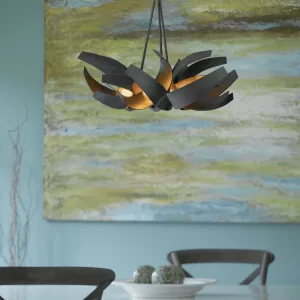
Understanding the Impact of Lighting on Atmosphere and Mood
When it comes to transforming a room, the right lighting serves as a powerful tool for shaping the overall atmosphere and mood. Light not only illuminates but also sets the stage for how we feel and interact within a space. Console your daily ambiance with a careful selection of ceiling lights, as they can enhance or diminish the energy of your environment. Consider factors such as the color temperature of the bulbs—ranging from warm yellows to cool blues—which can create feelings of coziness or alertness. For example, warm lighting frequently enough instills a sense of comfort, making it perfect for relaxation areas, while cool lighting can energize and focus the mind, ideal for workspaces.
Different types of ceiling lights each offer their own unique effects on mood and perception. Incorporating a mix of styles can achieve a more dynamic atmosphere. Here are some examples to consider in your design:
- Chandeliers: Imbue elegance and sophistication.
- Recessed Lighting: Provide a minimalist touch for modern aesthetics.
- Pendant Lights: Enhance intimacy over dining or kitchen spaces.
- Track Lighting: Offer flexibility and control over illumination.
To simplify your decision-making, consider organizing the lighting types along with their mood effects in a clear table:
| Lighting Type | Effect on Mood |
|---|---|
| Chandelier | Creates a sense of luxury and celebration |
| Recessed Lighting | Encourages a calm and composed ambiance |
| Pendant Light | Fosters intimacy and warmth |
| Track Lighting | Facilitates creativity and focus |
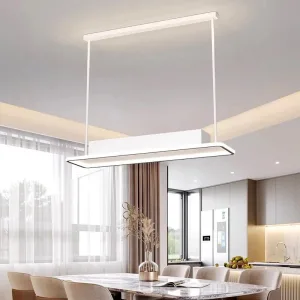
Choosing the Right Size and Style Ceiling Lights
Choosing the right size and style for your ceiling lights can dramatically transform your space, ensuring both functionality and aesthetic appeal. First and foremost, measure the dimensions of the room where the fixture will be installed. A common rule of thumb is to add the room’s length and width (in feet) together, and then convert that number to inches for the ideal diameter of the fixture. For example, a room measuring 12 feet by 15 feet would suggest a ceiling light around 27 inches in diameter. Additionally, consider the height of your ceilings: for higher ceilings, opt for larger fixtures that can fill the vertical space without overwhelming it. Remember, the style should also harmonize with your existing decor—choose a fixture that complements the overarching theme, be it contemporary, rustic, or traditional.
To determine the best light style for your space, consider the following factors:
- Functionality: Think about the purpose of the room. Areas requiring focused lighting, such as kitchens or offices, may benefit from brighter, more utilitarian fixtures, while living areas might require softer, mood-enhancing lights.
- Color Temperature: Warm white light (2700K-3000K) works well in cozy settings, while cool white (3500K-4100K) is better suited for workspaces or bathrooms.
- fixture Type: Pendant lights can add flair above dining areas, while chandeliers often serve as statement pieces in entryways or living rooms.
To help visualize different styles, consider the following table:
| Fixture Type | Best For | Typical Style |
|---|---|---|
| Pendant Light | Dining Areas, Kitchen Islands | Modern, Industrial |
| Chandelier | Entryways, Living Rooms | Traditional, Luxe |
| Flush Mount | Hallways, Bedrooms | Minimalist, Contemporary |
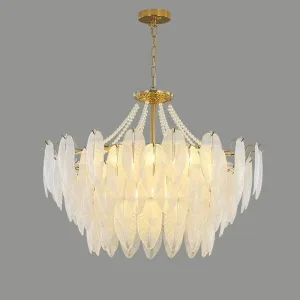
Energy Efficiency and Smart Ceiling Lights
Incorporating energy-efficient lighting can considerably reduce your electricity bills while enhancing the ambiance of your space. When selecting ceiling lights, consider options that utilize LED technology, as they consume up to 75% less energy than traditional incandescent bulbs and can last up to 25 times longer. Additionally, opting for fixtures that allow for dimming capabilities can definitely help adjust the light intensity based on the time of day or activity, further optimizing your energy consumption. Explore the benefits of smart lighting solutions, which not only provide flexibility in lighting control but also integrate with home automation systems for seamless operation.
When choosing smart lighting, look for features such as scheduling, motion sensors, and color adjustment, which can be tailored to enhance both functionality and aesthetics in your home. Some considerations include:
- Presence Detection: Automatically turns lights on when someone enters a room.
- Remote Control: Manage lights from anywhere using a smartphone app for ultimate convenience.
- Energy Monitoring: Track your energy usage to identify patterns and optimize consumption.
To further illustrate the distinction between traditional and smart lighting solutions, consider the following comparison:
| Feature | Traditional Lighting | Smart Lighting |
|---|---|---|
| Energy Efficiency | Low | High |
| Control Method | Manual Switch | App/voice Control |
| Longevity | 1,000 hours | 20,000+ hours |
The Way Forward with Ceiling Lights
As you embark on your journey to illuminate your space, remember that choosing the right ceiling lights is more than just a functional decision; it’s an chance to express your style and enhance the atmosphere of your home. By considering factors such as design, brightness, and energy efficiency, you can create a harmonious environment that reflects your unique taste. Whether you opt for the elegance of chandeliers, the simplicity of flush mounts, or the modern touch of pendant lights, each choice will cast a new light on your space—both literally and figuratively. As you explore the diverse options available, let your creativity shine through. Illuminate your surroundings, and in turn, brighten your everyday life. Happy lighting!



















Leave a comment